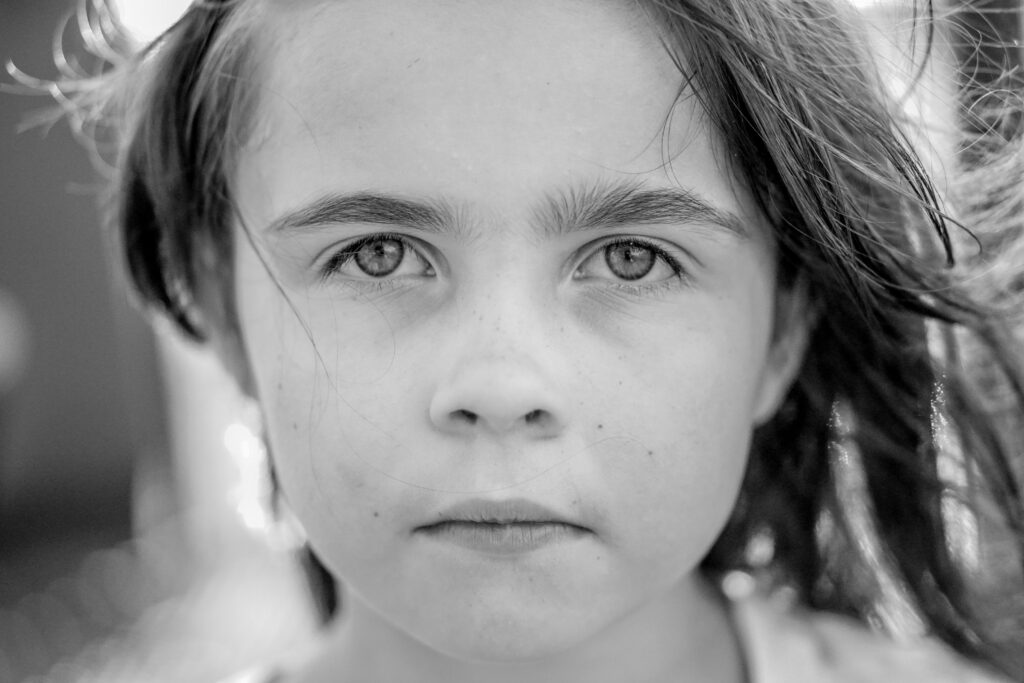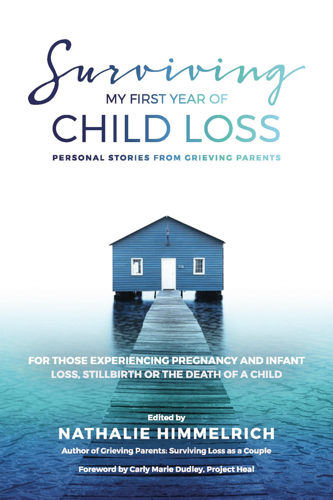
Over the past five and a half years since my daughter died in my arms and I became a bereaved mother I have come to terms with my New Normal (= the post loss self). Initially I struggled and fought, argued and – honestly – hated much of the personal changes that came with loss. Now I’m able see both sides of the medal, live with and accept the changes and even see their potential.
Here is what I found out about myself since becoming a bereaved mother
- Seemingly opposite states can coexist
Strength and weakness, joy and sadness, never before experienced love and overwhelming grief can live inside of me simultaneously.
Experiencing the love for a newborn at the same time as grieving her sister was so confusing. I was in love at the same time as grieving. I was joyful and sad.
People experienced me as strong, when inside I felt weak. I wasn’t putting on a face or pretending something I wasn’t. This showed me that being authentic and real is strength. - I’m less social
Being with a group of people drains me. I prefer one-on-one meaningful conversations over a group of people chatting on a party. Some days I wonder about inviting a bunch of people over and realise that this was something I would have done in the past. The reality of now is I don’t want this anymore. - I can no longer multi task
Whereas before I was easily listening to music while answering a phone call and writing an email, now it’s one thing at the time. This took time to readjust, I can tell you. As much as I love being productive I now need to take this into consideration when planning things. - I’m more honest and forthright
Given before I was more people pleasing and diplomatic, this has been difficult to accept for some people. I’m less ‘socially digestible’ but I’m comfortable with this. It’s more authentic, even if not always easy. I’m also more honest with myself and my needs, which brings me to the next point. - Self-care is most important of all
This is the biggest thing I realised about myself. The main difference to before my loss is that now self-care has become non-negotiable. I have experienced time and time again that both myself and my surroundings suffer, when I don’t look after myself. I’m much clearer about what is good for me and what is not but knowing and acting on it are two different things. I’m still learning to apply this daily.
Maybe one day some of these things will change again. I’m aware of not using phrases like ‘I will never ever again…’ because I don’t foresee the future. As much as I might not be able to imagine something to ever be possible again, the truth is I don’t. There were days I didn’t know how to go on and looking back I have survived. And so can you.
This article was first published February 1st, 2017.



